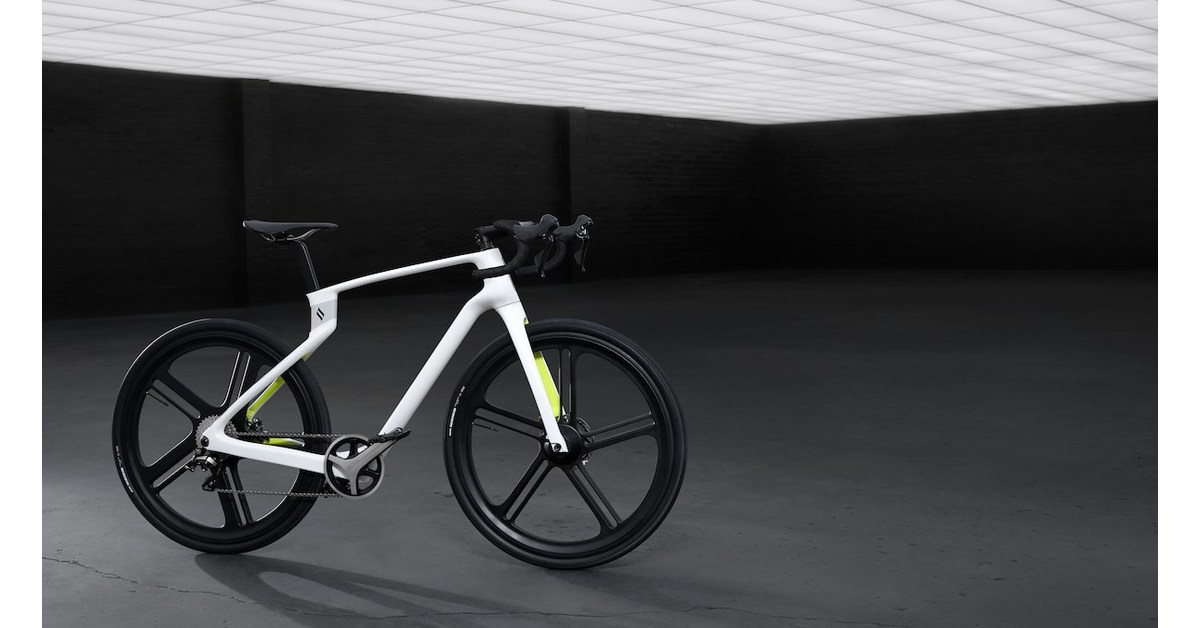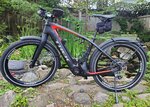pushkar
Well-Known Member
Hey everyone - I have a question about your experience with Carbon for bikes/ ebikes.
Anecdotal observation - most trail ebikes today appear to be carbon, and can take a beating. Even smaller manufacturers like Lamere have a fairly robust Carbon line up.
I have also looked at alternative materials - thermoplastics like PEEK , carbon re-inforced PEEK, PAI (Bend, don't break) . However carbon appears to have better modeling support (material characteristics, and other relevant data to feed into stress modeling tools) .
I would like to get inputs / feedback from you if you have ridden one or have owned one.
Please note : we have test frames of most materials - titanuim (of course), PEEK (yeah, not ready for prime time yet) , Aluminum, carbon and steel. This is not a decision to go carbon - I want to understand the materials from the perspective of consumers.
Anecdotal observation - most trail ebikes today appear to be carbon, and can take a beating. Even smaller manufacturers like Lamere have a fairly robust Carbon line up.
I have also looked at alternative materials - thermoplastics like PEEK , carbon re-inforced PEEK, PAI (Bend, don't break) . However carbon appears to have better modeling support (material characteristics, and other relevant data to feed into stress modeling tools) .
I would like to get inputs / feedback from you if you have ridden one or have owned one.
Please note : we have test frames of most materials - titanuim (of course), PEEK (yeah, not ready for prime time yet) , Aluminum, carbon and steel. This is not a decision to go carbon - I want to understand the materials from the perspective of consumers.






